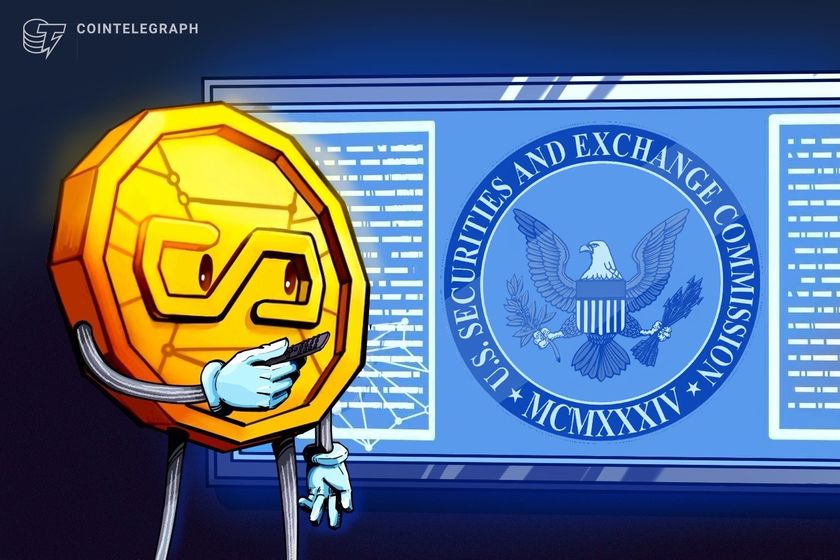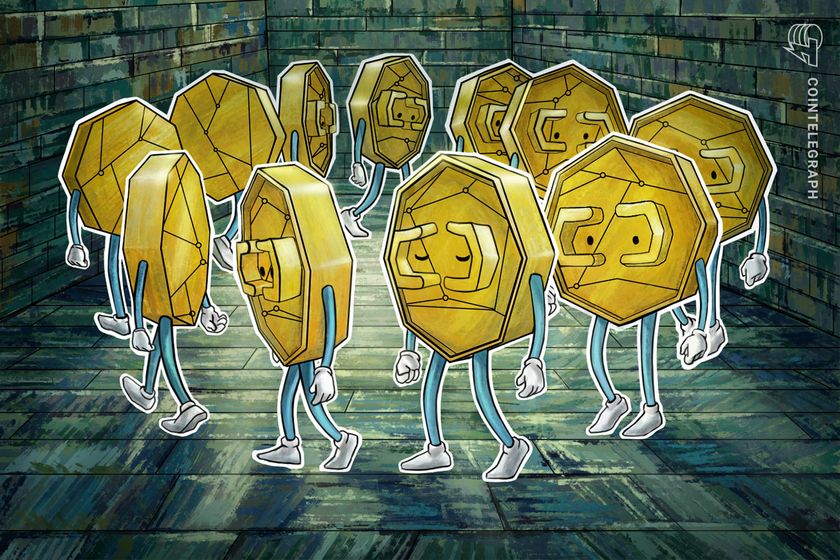

Opinion by: Genny Ngai and Will Roth of Morrison Cohen LLP
Since taking office, the Trump administration has designated several drug and violent cartels as Foreign Terrorist Organizations (FTOs) and Specially Designated Global Terrorists (SDGTs). US President Donald Trump has also called for the “total elimination” of these cartels and the like. These executive directives are not good developments for the cryptocurrency industry. On their face, these mandates appear focused only on criminal cartels. Make no mistake: These executive actions will cause unforeseen collateral damage to the digital asset community. Crypto actors, including software developers and investors, may very well get caught in the crosshairs of aggressive anti-terrorism prosecutions and follow-on civil lawsuits.
Increased threat of criminal anti-terrorism investigations
The biggest threat stemming from Trump’s executive order on cartels is the Department of Justice (DOJ). Almost immediately after President Trump called for the designation of cartels as terrorists, the DOJ issued a memo directing federal prosecutors to use “the most serious and broad charges,” including anti-terrorism charges, against cartels and transnational criminal organizations.
This is a new and serious development for prosecutors. Now that cartels are designated as terrorist organizations, prosecutors can go beyond the traditional drug and money-laundering statutes and rely on criminal anti-terrorism statutes like 18 U.S.C. § 2339B — the material-support statute — to investigate cartels and anyone who they believe “knowingly provides material support or resources” to the designated cartels.
Why should the crypto industry be concerned with these developments? Because “material support or resources” is not just limited to providing physical weapons to terrorists. “Material support or resources” is broadly defined as “any property, tangible or intangible, or service.” Anyone who knowingly provides anything of value to a designated cartel could now conceivably violate § 2339B.
Even though cryptocurrency platforms are not financial institutions and never take custody of users’ assets, aggressive prosecutors may take the hardline view that software developers who design crypto platforms — and those who fund these protocols — are providing “material support or resources” to terrorists and launch harmful investigations against them.
This is not some abstract possibility. The government has already demonstrated a willingness to take this aggressive position against the crypto industry. For example, the DOJ indicted the developers of the blockchain-based software protocol Tornado Cash on money laundering and sanction charges and accused them of operating a large-scale money laundering operation that laundered at least $1 billion in criminal proceeds for cybercriminals, including a sanctioned North Korean hacking group.
Recent: Crypto crime in 2024 likely exceeded $51B, far higher than reported: Chainalysis
Moreover, the government already believes that cartels use cryptocurrency to launder drug proceeds and has brought numerous cases charging individuals for laundering drug proceeds through cryptocurrency on behalf of Mexican and Colombian drug cartels. TRM Labs, a blockchain intelligence company that helps detect crypto crime, has even identified how the Sinaloa drug cartel — a recently designated FTO/SDGT — has used cryptocurrency platforms to launder drug proceeds.
The digital asset community faces real risks here. Putting aside the reputational damage and costs that come from defending criminal anti-terrorism investigations, violations of § 2339B impose a statutory maximum term of imprisonment of 20 years (or life if a death occurred) and monetary penalties. Anti-terrorism statutes also have extraterritorial reach, so crypto companies outside the US are not immune to investigation or prosecution.
Civil anti-terrorism lawsuits will escalate
The designation of cartels as FTOs/SDGTs will also increase the rate at which crypto companies will be sued under the Anti-Terrorism Act (ATA). Under the ATA, private citizens, or their representatives, can sue terrorists for their injuries, and anyone “who aids and abets, by knowingly providing substantial assistance, or who conspires with the person who committed such an act of international terrorism.”
Aggressive plaintiffs’ counsel have already relied on the ATA to sue cryptocurrency companies in court. After Binance and its founder pled guilty to criminal charges in late 2023, US victims of the Oct. 7 Hamas attack in Israel sued Binance and its founder under the ATA, alleging that the defendants knowingly provided a “mechanism for Hamas and other terrorist groups to raise funds and transact illicit business in support of terrorist activities” and that Binance processed nearly $60 million in crypto transactions for these terrorists. The defendants filed a motion to dismiss the complaint, which was granted in part and denied in part. For now, the district court permits the Ranaan plaintiffs to proceed against Binance with their aiding-and-abetting theory. Crypto companies should expect to see more ATA lawsuits now that drug cartels are on the official terrorist list.
Vigilance is key
Crypto companies may think that Trump’s war against cartels has nothing to do with them. The reality is, however, that the effects of this war will be widespread, and crypto companies may be unwittingly drawn into the crossfire. Now is not the time for the digital asset community to relax internal compliance measures. With anti-terrorism statutes in play, crypto companies must ensure that transactions with all FTOs/SDGTs are identified and blocked, monitor for new terrorist designations, and understand areas of new geographical risks.
Opinion by: Genny Ngai and Will Roth of Morrison Cohen LLP.
This article is for general information purposes and is not intended to be and should not be taken as legal or investment advice. The views, thoughts, and opinions expressed here are the author’s alone and do not necessarily reflect or represent the views and opinions of Cointelegraph.



